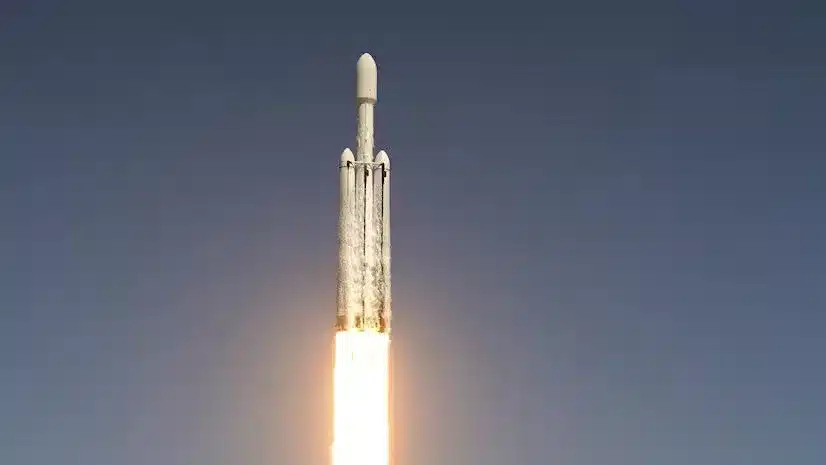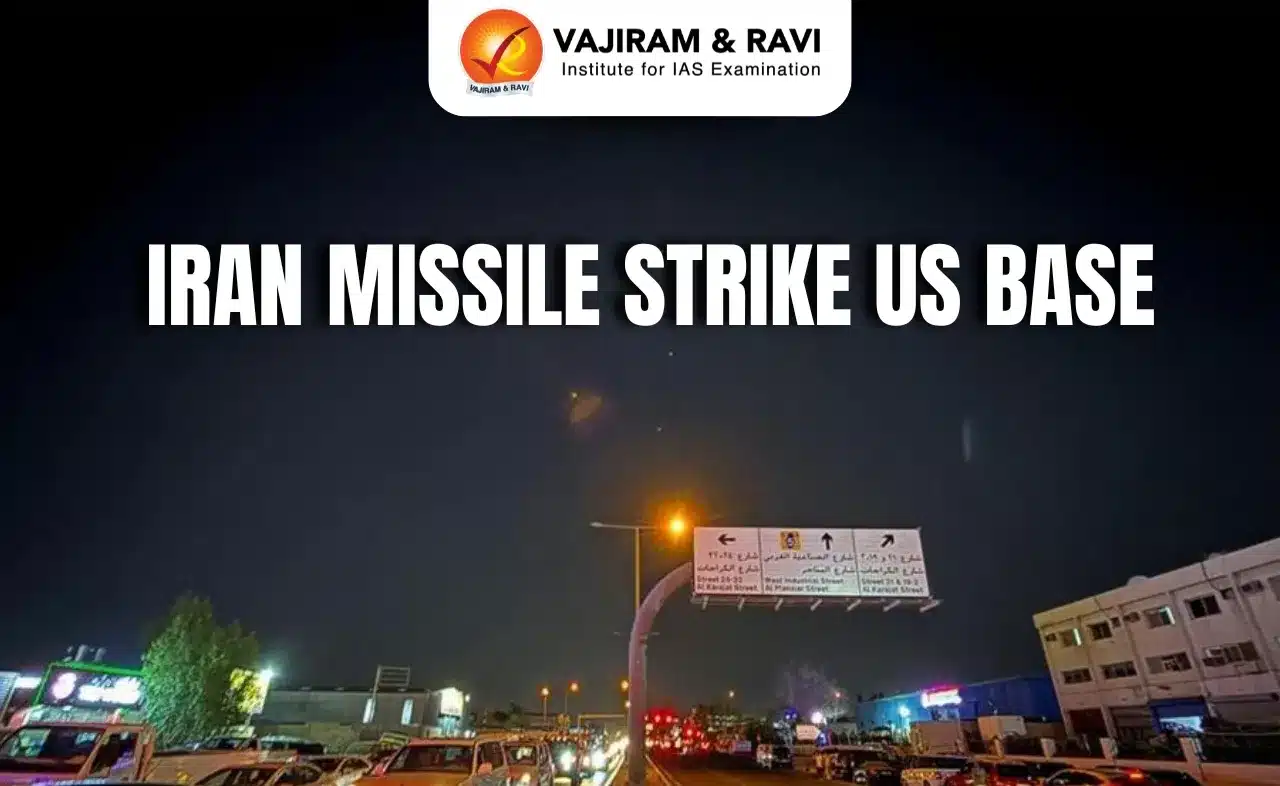What’s in today’s article?
- Why in News?
- Supporting India’s Emerging Space Entrepreneurs
- What is IN-SPACe and its Proposal to Set-up a VC Fund for Start-ups?
- Financial Implications of Establishing a VC Fund for Start-ups
- Details/ Significance of the VC Fund for Start-ups
Why in News?
- The Union Cabinet has approved a Rs 1,000-crore venture capital (VC) fund aimed at supporting about 40 space start-ups over the next five years.
- This fund, launched under the aegis of IN-SPACe, is expected to attract private investment and drive innovation in India’s growing space sector.
Supporting India’s Emerging Space Entrepreneurs:
- Key initiatives:
- Pre-Incubation Entrepreneurship (PIE) Development Program: The Indian government, through IN-SPACe, launched the PIE Development Program, for guiding startups from ideation to prototype development.
- Financial and regulatory support:
- The government has introduced tax incentives such as GST exemptions for satellite launches and income tax breaks for R&D.
- Initiatives like the Startup India Seed Fund, DRDO’s Technology Development Fund, and Atal Innovation Mission are providing critical financial support to space startups.
- World-class infrastructure: The GIFT City in Gujarat is emerging as a global hub for space technology, offering regulatory benefits and world-class infrastructure.
- Collaborations: Amazon Web Services (AWS) has launched its space accelerator programme in India, in collaboration with ISRO and IN-SPACe, selecting 24 startups to receive mentorship and up to $100,000 in credits.
- Incubation and mentorship: The Space Technology Incubation Centre (STIC) offers startups access to advanced labs, funding opportunities, and mentorship.
- Challenges faced by space startups:
- Limited early-stage funding
- Access to substantial government grants remains limited, and procurement processes are not always transparent.
- Startups face difficulties in accessing testing facilities and standardised technology-sharing platforms.
- The absence of affordable public liability insurance poses financial risks for startups.
- Limited IP protection standards hinders innovations.
- Export restrictions hinder the global expansion of Indian space startups.
- Future outlook:
- Upcoming trends like space tourism, asteroid mining, and advancements in AI and ML are expected to revolutionise the space sector.
- Startups are likely to play a significant role in future space exploration and commercialisation efforts, including major missions like Gaganyaan, NISAR, and Chandrayaan-4.
- The introduction of a deep tech startup policy and continued strategic investments will be crucial for fostering growth.
- It is essential for stakeholders to engage with startups and create a nurturing environment for technological advancements.
What is IN-SPACe and its Proposal to Set-up a VC Fund for Start-ups?
- As part of the 4th ‘Atmanirbhar Bharat Abhiyan’ stimulus, the Union Finance Minister announced the creation of the Indian National Space Promotion and Authorization Center (IN-SPACe) in 2020.
- IN-SPACe was set up as a single-window, independent, nodal agency to authorise, promote and supervise space activities of private non-governmental entities (NGEs).
- Since its establishment, IN-SPACe has signed 45 MoUs with NGEs to support them in space activities.
- IN-SPACe has proposed a Rs.1000 crore VC fund to support the growth of India’s space economy, currently valued at S8.4 billion, with a target to reach $44 billion by 2033.
- With nearly 250 space startups emerging across the value chain, timely financial support is crucial to ensure their growth and prevent talent loss overseas.
- The fund aims to address the critical need for risk capital, as traditional lenders are hesitant to fund startups in this high-tech sector.
Financial Implications of Establishing a VC Fund for Start-ups:
- The deployment period of the proposed Rs.1,000 crore VC fund is planned to be up to five years from the actual date of start of the fund operations.
- The average deployment amount could be Rs.150 – 250 crore per year, depending on the investment opportunities and fund requirements.
- The indicative range of investment is proposed to be Rs.10 – 60 Crore, contingent upon the stage of the company, its growth trajectory, and its potential impact on national space capabilities.
- Indicative equity investment range could be:
- Growth stage: Rs.10 Crore – 30 Crore
- Late growth stage: Rs.30 Crore – 60 Crore
- Based on the above investment range, the fund is expected to support approximately 40 startups.
Details/ Significance of the VC Fund for Start-ups:
- The proposed government-backed fund will boost investor confidence, attract private capital, and signal the government’s commitment to advancing space reforms.
- It will serve as an Alternative investment Fund under SEBI regulations, providing early-stage equity to startups and enabling them to scale for further private equity investments.
- The fund is strategically designed to advance India’s space sector, aligning with national priorities and fostering innovation and economic growth through the following key initiatives:
- Capital infusion
- Retaining companies in India
- Growing space economy
- Accelerating space technology development
- Boosting global competitiveness
- Supporting Atmanirbhar Bharat
- Creating a vibrant innovation ecosystem
- Driving economic growth and job creation
- Ensuring long-term sustainability
- By addressing these points, the fund aims to strategically position India as one of the leading space economies.
Q.1. What is India’s deep tech startup policy?
India’s National Deep Tech Startup Policy (NDTSP) intends to boost India’s GDP by increasing high-tech exports and competitiveness and improving living standards through deep technology.
Q.2. What is Chandrayaan 4 mission?
Chandrayaan-4 was announced with an aim to develop and demonstrate technologies that can successfully land on the moon surface and bring back moon samples to Earth for scientific analysis. The government allocated ₹2104.06 crore for the mission and set a timeline of 36 months for completion.
News: More jobs, investment: Space industry welcomes Rs 1K crore VC fund | IE
Last updated on June, 2025
→ UPSC Notification 2025 was released on 22nd January 2025.
→ UPSC Prelims Result 2025 is out now for the CSE held on 25 May 2025.
→ UPSC Prelims Question Paper 2025 and Unofficial Prelims Answer Key 2025 are available now.
→ UPSC Calendar 2026 is released on 15th May, 2025.
→ The UPSC Vacancy 2025 were released 1129, out of which 979 were for UPSC CSE and remaining 150 are for UPSC IFoS.
→ UPSC Mains 2025 will be conducted on 22nd August 2025.
→ UPSC Prelims 2026 will be conducted on 24th May, 2026 & UPSC Mains 2026 will be conducted on 21st August 2026.
→ The UPSC Selection Process is of 3 stages-Prelims, Mains and Interview.
→ UPSC Result 2024 is released with latest UPSC Marksheet 2024. Check Now!
→ UPSC Toppers List 2024 is released now. Shakti Dubey is UPSC AIR 1 2024 Topper.
→ Also check Best IAS Coaching in Delhi
























